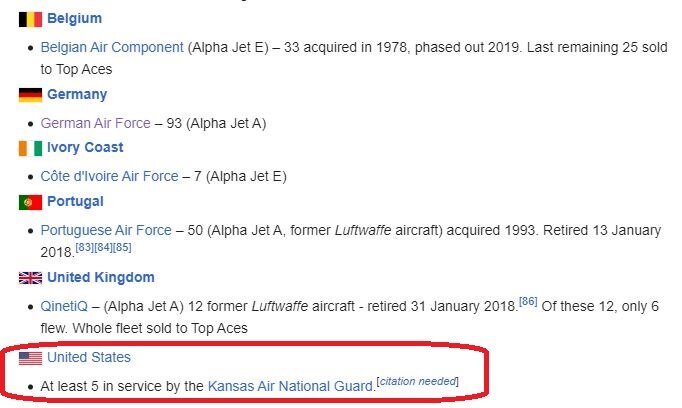Wikipedia is a powerful tool when you consider it and each of its articles as a collection of source materials with related descriptions about what the source materials are mentioning, rather than a definitive source of information by its own. It is also often helpful when it comes to searching stuff in non-english materials. Also, considering the fact that you first need to know the relevant keyword (ie what you should be looking for) before digging yourself, Wikipedia very often offers you a few of then from which you can start on.
"powerful tool" ? I don't think so. People have been conditioned to accept quick and easy. I'm not concerned about people who know how to do actual, real world research. Who have an expertise in certain subjects. However, no one - no one - can trust this type of resource as is. Trust is the problem. Fact checking is something I've learned how to do and it takes more than 5 minutes.
Bottom line: Don't be that guy who reads a Wiki article, sees a few youtube videos and then thinks, 'Hey. I know stuff.' Odds are you don't. Not much is not much.



